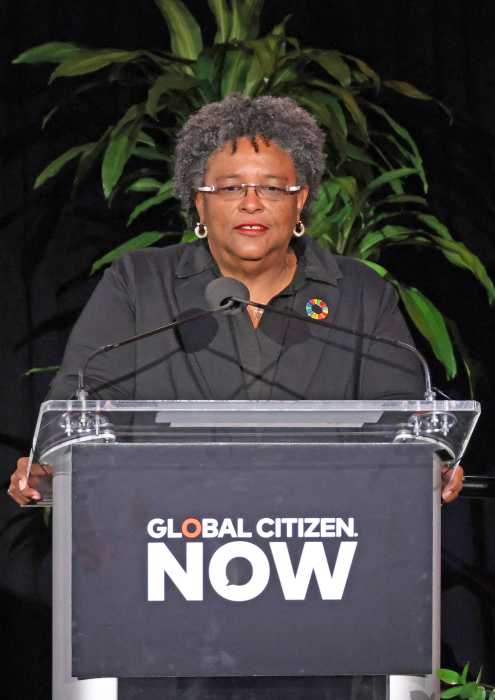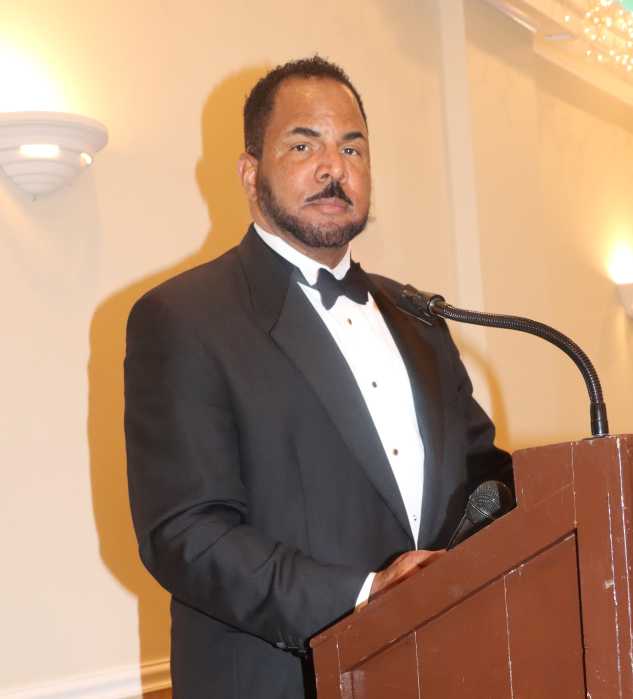Barbadians will go to the polls to elect a government sometime between mid-March and Mid-June in 2018 because Prime Minister Freundel Stuart has made clear he intends to complete his current term that runs to March next year.
In announcing earlier this month that he will use the full period for which his government was elected, that ends with dissolution of Parliament on March 6, 2018, Stuart confounded Opposition Barbados Labour Party critics who have been clamouring for early elections, contending that his administration has no fresh ideas and is incapable of leading the island out of the pro-longed economic downturn the island continues to suffer.
Stuart said on Dec. 19 in reference to Barbados’ constitutional provision for elected members of parliament and the government to hold office for five years, “we were given five years from February 21 [2013] and when Parliament is dissolved, the Constitution says you have to call elections within 90 days.”
The Prime Minister opined that once voted into office for the given period, the elected government should, “serve your term of five years. Whatever the state of things may be at the time when the election is due, deal with those things because you are in charge and that is what is going to happen this time around”.
Given Stuart’s history of going down to the wire, his declaration that elections are set for no sooner than March when the term of government constitutionally ends should come as no surprise.
Barbadians last went to the polls on February 21, 2013, when the incumbent Stuart led his Democratic Labour Party to win 16 of the 30 parliamentary seats.
That election date was five full years following his Democratic Labour Party January 2008 win at the polls under the leadership of now deceased David Thompson.
Stuart took over the party’s leadership in 2010 following Thompson’s death.
Only the prime minister in Barbados can call an election date before the constitutionally set time. Another constitutional provision for early elections is a vote of no confidence by a majority of parliamentarians.
In using up the full term of elected office in 2013, and with a plan to do the same in 2018, Stuart has broken ranks with a Barbadian general elections trend that has seen the nine previous elections since the island attained independence being called before their constitutionally due date.
“He is basically a very limited constitutionalist and will basically do what the constitution says in a very plastic way,” political scientist and University of the West Indies Lecturer, Tennyson Joseph, was quoted saying to the Barbados TODAY newspaper. “It is a kind of cheap way of holding on to power”.
Stuart’s Government continues to be dogged by challenges of a declining economy that has so far suffered 21 international financial credit rating downgrades, and currently has only a few hundred million dollars of foreign reserves in the central bank, which used to hold over a billion dollars.
Added to that is increasing taxation amidst repeated failures of the administration’s economic plans.
For these reasons the Opposition had sought to make political capital out of a demand for the Government to seek a fresh mandate from the people by calling early elections.
But, Opposition leader Mia Mottley had showed an expectation that Stuart will take things down to the wire when she said to her supporters on December 18, “as of tomorrow it will be 10 weeks to the dissolution of Parliament … After tomorrow you are literally counting down the days until Parliament is dissolved, and that which cannot be called by Freundel [Stuart] will then be determined by the constitution of Barbados”.



























